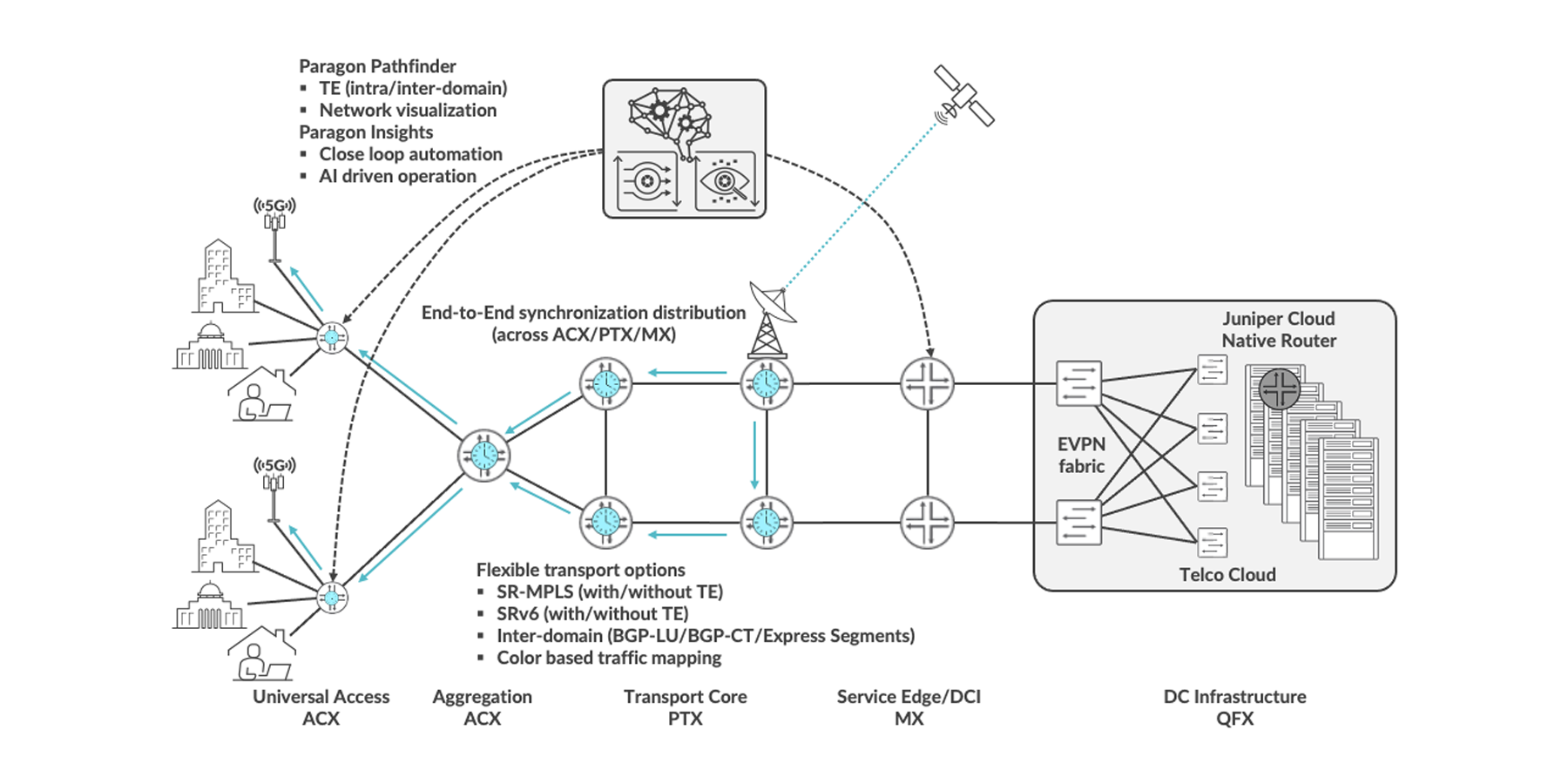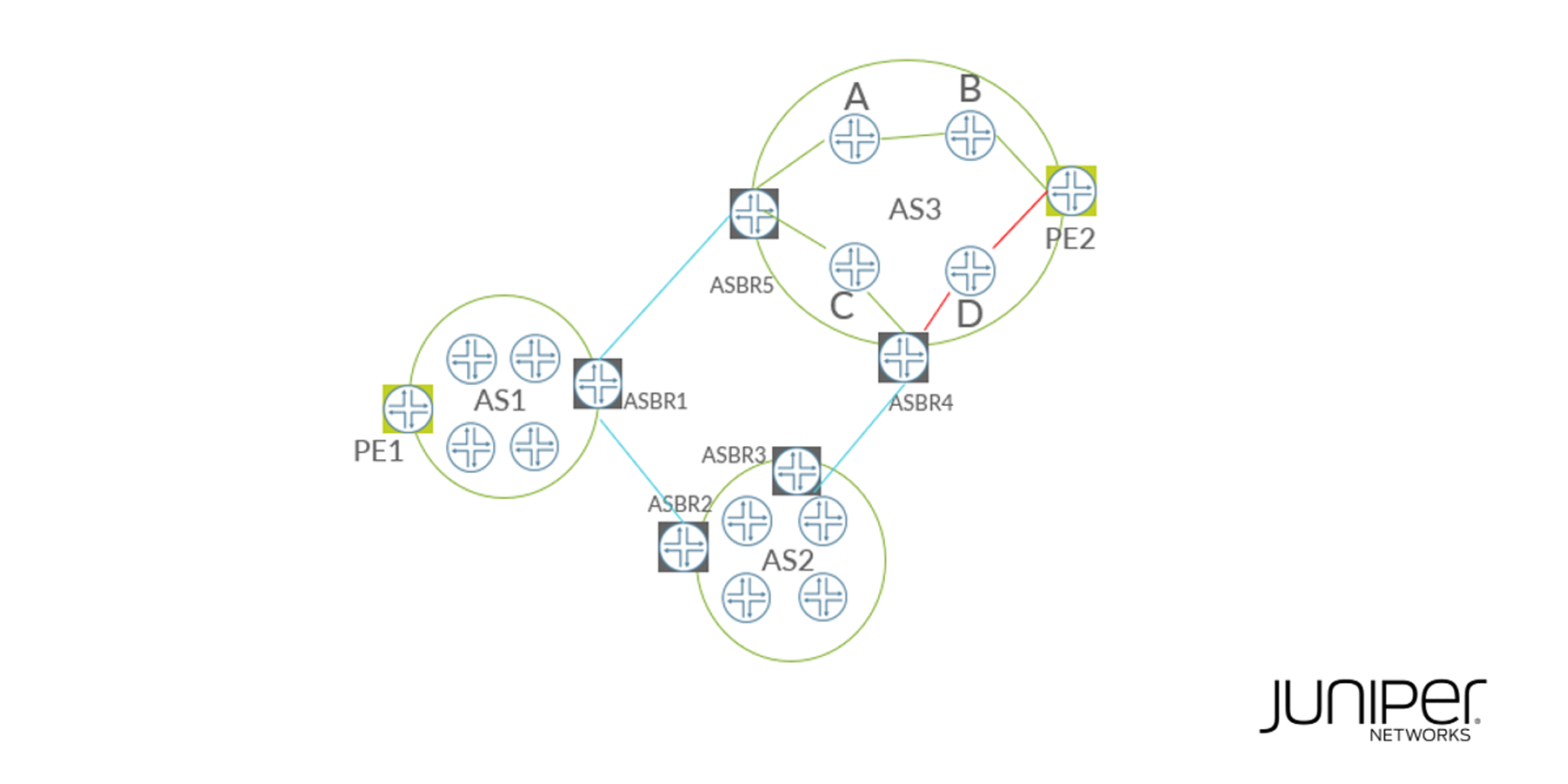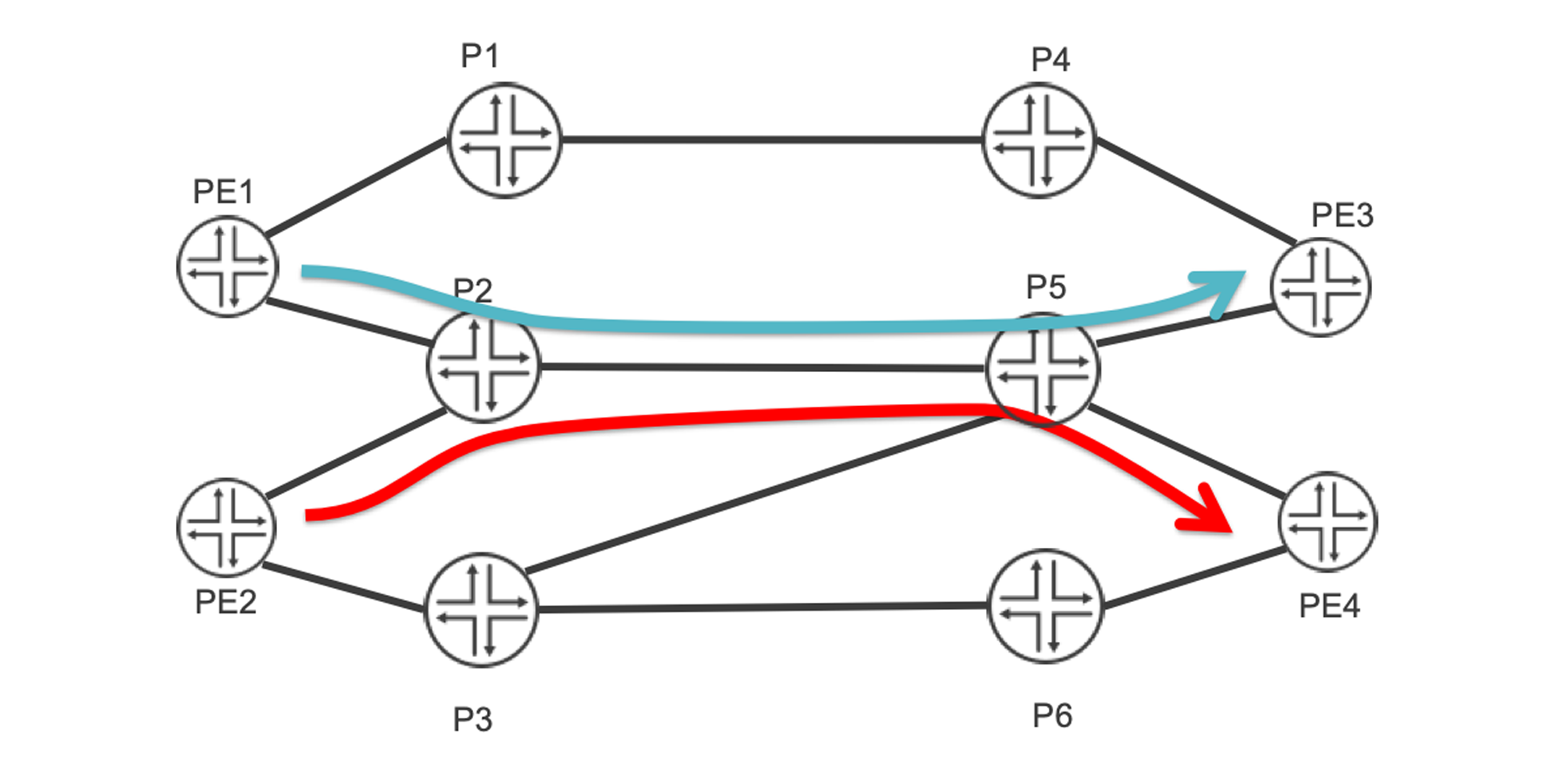The implementation and upscaling of Smart Cities is increasingly finding its way across several rising economies, including Indonesia and many other areas across Southeast Asia. This digital revolution is offering

This is the first in a series of blogs about the EANTC 2021 network interoperability testing event. Once again, Juniper Networks demonstrated its leadership in routing innovation at the virtual
In the networking space, it’s almost impossible these days to open a browser without seeing something about disaggregation. It’s the technology trend on everyone’s mind. Which makes sense—some revolutionary innovations

Long term Internet Engineering Task Force (IETF) supporter, Juniper Networks, renews sponsor contract for six years. In today’s connected world, it’s more important than ever that the internet is open

In most networks, traditional traffic engineering requirements focused on building explicit paths for bandwidth management, protection and building paths to avoid shared risk. Over the years, the growth of cloud

In a previous blog, we gave an introduction to the Juniper Paragon Pathfinder (formerly known as NorthStar Controller) and its role in a segment routed network. In this blog, we’ll

2020 kept everyone busy in ways we could have never imagined before. We adjusted to ‘the new normal’, worked from home full time, homeschooled our children and learned how to

With the arrival of the General Services Administration’s (GSA) Enterprise Infrastructure Solutions (EIS) contract, the federal government is on the precipice of a new era of digital transformation. EIS is

The commodification of networks is in full swing and everyone seems to think it is a good thing. You might hear this phrased as treating network devices like cattle, rather
5G technology will enable people, IoT devices, businesses and industries to connect at an unprecedented scale with improved efficiency. To fully realize the benefits of 5G technology, transport networks will






















